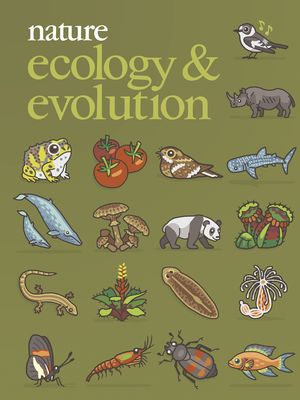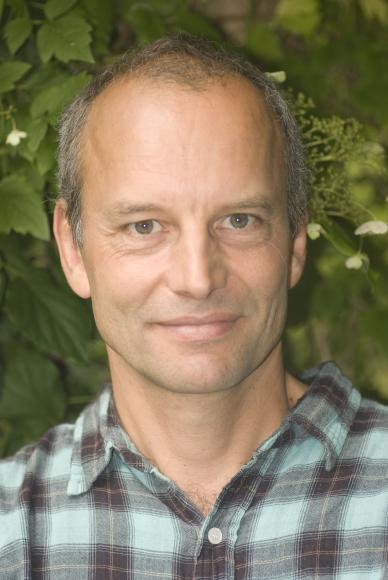 Last month, Nature Ecology & Evolution published a series of responses to a previous article recommending essential reading for all ecologists. In one response, the authors argue that the list is highly biased in favor of white male authors, and raises the problem of bullying and harassment in academia. But the letter is missing one key reference from its original submission: To a recent news story in Science reporting “disturbing” sexual harassment allegations against a prominent field researcher.
Last month, Nature Ecology & Evolution published a series of responses to a previous article recommending essential reading for all ecologists. In one response, the authors argue that the list is highly biased in favor of white male authors, and raises the problem of bullying and harassment in academia. But the letter is missing one key reference from its original submission: To a recent news story in Science reporting “disturbing” sexual harassment allegations against a prominent field researcher.
Why is the reference missing?
Because the editor at Nature Ecology & Evolution asked the authors to take it out, citing concerns about libel.
Here’s the note the authors received on their original submission:
Continue reading Ever been asked to remove a reference for libel concerns? These authors have




 The week at Retraction Watch featured the
The week at Retraction Watch featured the 


